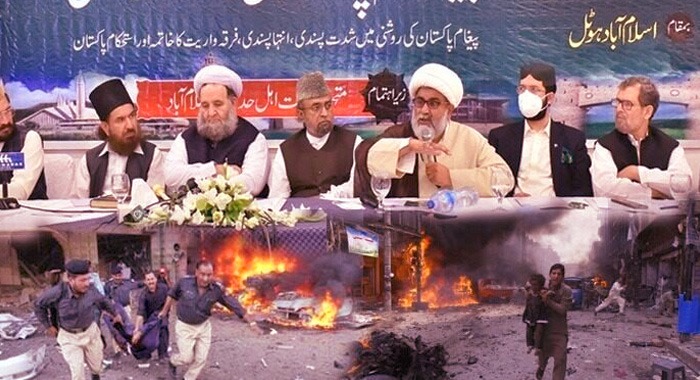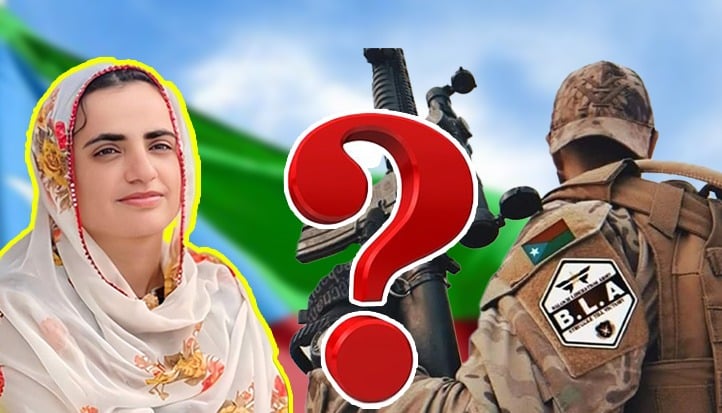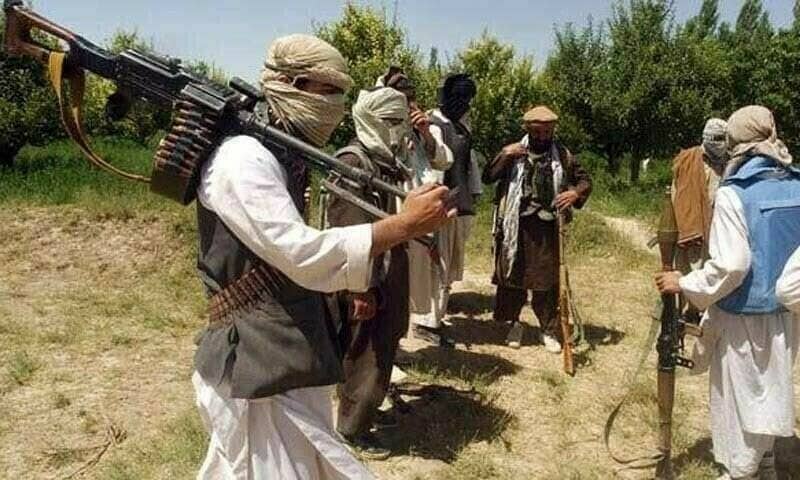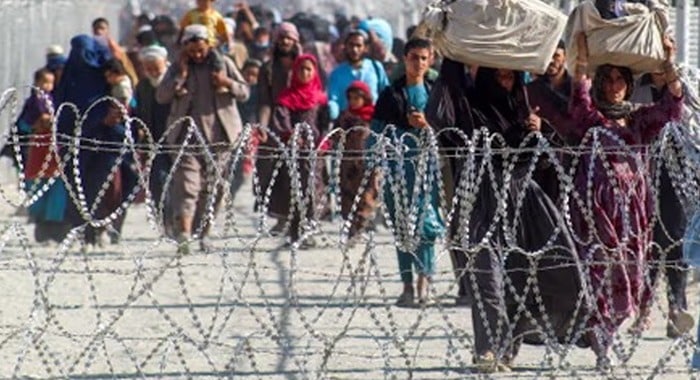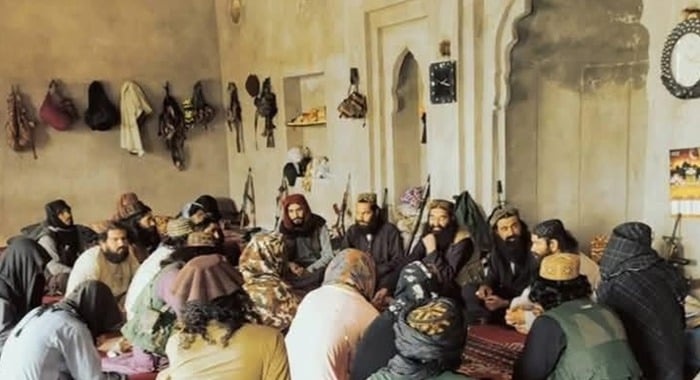Suicide attacks are categorically forbidden (haram) in Islam. Whether it’s suicide bombings or explosive attacks, these are the preferred tactics of terrorists around the world. Pakistan has suffered greatly from such acts, where terrorists have particularly targeted government institutions, civilians, and minorities. Tragically, many of these suicide bombings in Pakistan have been carried out using children, trained and exploited by terrorists.
Renowned scholars from nearly all Islamic schools of thought in Pakistan have issued a unanimous fatwa declaring suicide attacks as haram. Those who encourage, support, fund, or assist such acts are deemed traitors and rebels against the state. The state has full authority to take all necessary action against them.
Religious scholars and imams must educate the public to protect innocent people from falling prey to terrorist exploitation. The Holy Qur’an explicitly forbids suicide:
“Do not kill yourselves”; Surah An-Nisa, 4:29.
Many Hadiths describe severe punishments for those who take their own lives. For instance, the Prophet ﷺ said:
“Whoever kills himself with an iron weapon will be stabbing himself in the fire of Hell eternally.” (Bukhari & Muslim)
In some cases, the Prophet ﷺ refused to perform funeral prayers for those who committed suicide; and if such an act is done to harm others, it becomes a double sin: suicide and murder.
“Whoever kills a believer intentionally, his punishment is Hell to abide therein forever, and the wrath and curse of Allah are upon him.” (Qur’an)
Even non-Muslims who live peacefully under an Islamic government are guaranteed protection. The Prophet ﷺ warned:
“Whoever kills a non-Muslim under treaty will not smell the fragrance of Paradise.”
Thus, suicide bombings in Pakistan are a combination of three major sins; Suicide, Killing the innocent, and Rebellion against the Islamic state
There is no justification or religious basis for such acts, and supporting them means participating in these grave sins.

